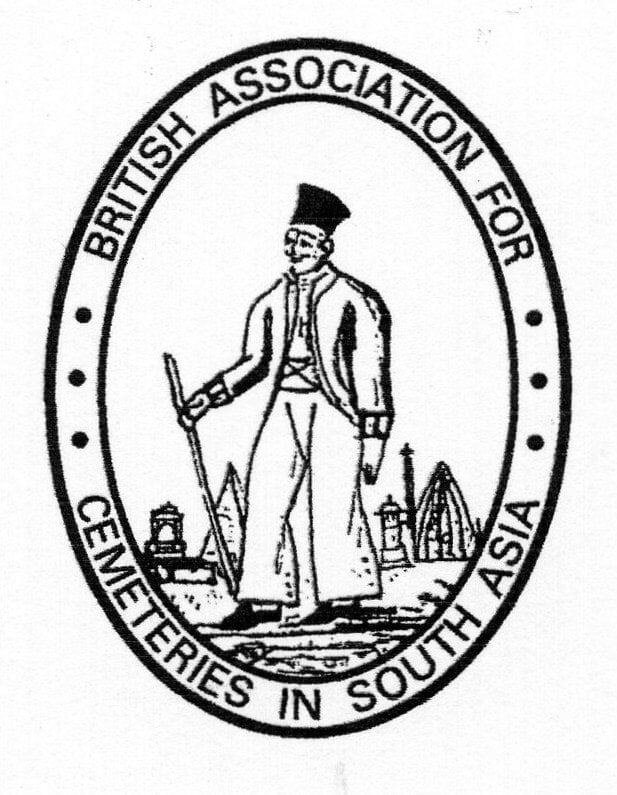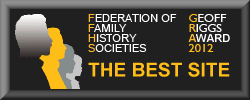Are you able to assist members who cannot access records in the British Library (or National Archives) due to distance or disability? Reasonable expenses, such as travelling, will be covered. Even the offer of simple lookups would be appreciated and the research co-ordinator would be pleased to hear from you. Please contact: research@fibis.org
Transcription Volunteers (open to all)
Our large and ever-growing database owes a huge debt to the many volunteers who have given up their free time to transcribe documents into a suitable format. If you have not already done so, go to “ Databaseâ€, then “ Browse recordsâ€, to see just how much has been achieved.
What are the records?
In some cases records have been provided by individuals following a personal interest, or by groups working together, to make data available – free of charge – to fellow family history researchers.
Collaboration with the British Library produced data on births, marriages and deaths, embarkation lists, wills, arrivals and departures, etc. More recent projects have added newspaper announcements of “ domestic occurrencesâ€: lots of detail for the family history researcher. More recently, newspaper announcements of “ domestic occurrences†offered lots of detail for family history researchers.
We undertook a collaborative project with BACSA, whose members offered their photographs of Indian cemeteries, or typewritten lists of graves, for example, for us to transcribe. Individual independent contributors also provide a steady supply of material: cemetery photographs, church memorial tablets, church registers still held on site, an ancestor ‘s journal, to name a few.
In 2015 the British Library allowed photography of certain records, giving rise to our most recent project. London-based volunteers have started photographing original material at the Library, then sending the images to distance volunteers.
How can you help?
If you live within reach of the British Library, the National Archive or other major records centre, you might well be able to help us. Where photography is allowed, you could produce legible images which can be sent to a distance volunteer for transcription. Some original (free of copyright) documents may be unsuitable for photographing or photocopying. If you can work on site to transcribe these, we would be very happy to hear from you.
But wherever you live, you can contribute. We can send material to you electronically or on cd. For example, our very successful Times of India project is managed by a volunteer in Australia, working with volunteers world-wide. Distance is not a problem.
What specialist skills are needed?
None. We ask you to type the records into a spreadsheet (Excel or compatible) and we supply a template and briefing notes with each project. You return the spreadsheet for checking and uploading. We also need people with a keen eye for detail to check completed work.
If you would like to contribute, we will be happy to hear from you. For further information, please email transcriptions-coordinator@fibis.org (If we already have your name, we will be in touch.)
Updated January 17, 2016




